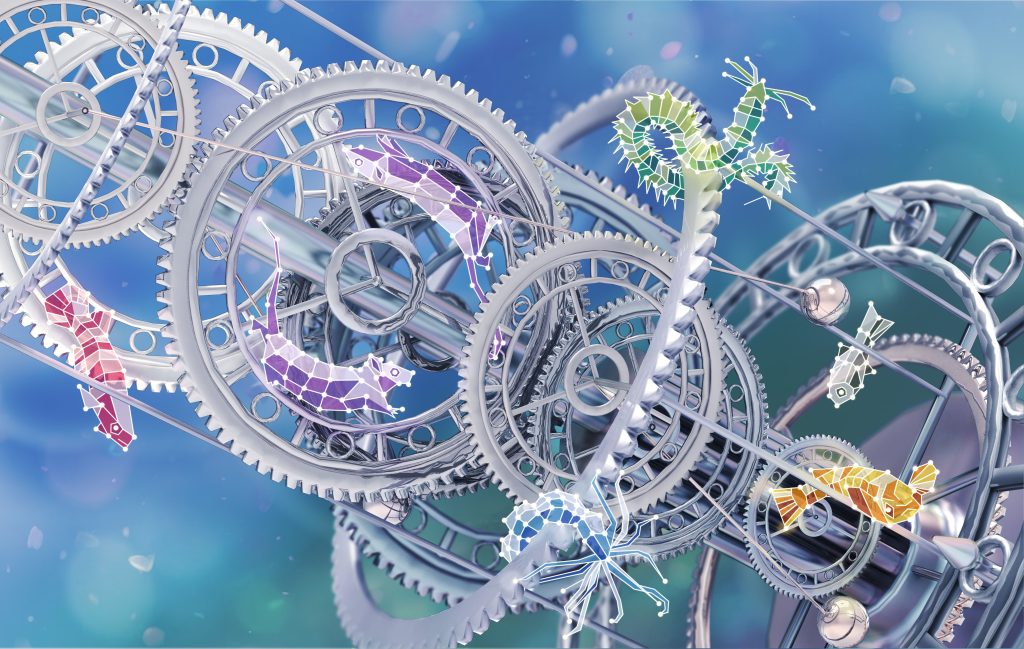
Why time is of the essence in development
EMBL developmental biologists – with help from other disciplines – pursue the significance of time, timing, and transitions in organisms during their development
Issue 101
Sara Fahs, who did her PhD from EMBL Heidelberg and is one of the newest members of the EMBL alumni association board, writes about key insights from her journey in science and her work on medicinal chemistry, during a career spanning academia and industry.
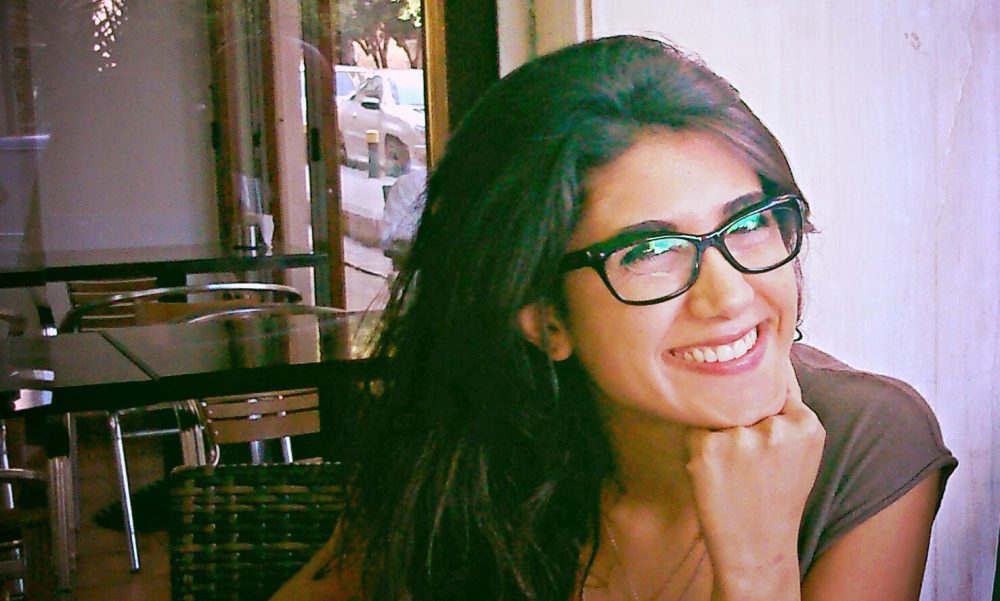
By Sara Fahs, Associate Director, BioNTech SE
My curiosity about the origins of everyday things, like how medicines are made or why some cultures are extremely different from others, can be traced back to my childhood. My early years were also marked by diverse interests, including acting, interior architecture, philosophy, sociology, and understanding human connections. My journey in science has thus been remarkable, transitioning from a high school background in literature and philosophy to the natural sciences in college. My ambitions led me to a career in academia and industry, which I now reflect upon with pride.
Towards the start of this career, my initial decision to pursue a medical career in Lebanon gradually evolved into a fascination with drug design and medicinal chemistry. I narrowed down my research interests to medicinal chemistry during my MSc in the UK. My journey took a unique turn with a PhD fellowship at EMBL, a special but challenging experience given my background in organic chemistry.
My move to EMBL posed a multitude of new layers to adapt to, including completely new cultures; new technologies, scientific disciplines, and concepts; and working in a field where generating extensive data quickly was impossible. Despite the challenges, I learned to focus on my learning path and avoid comparisons, even when surrounded by the “buzz of abundance”, all the while expanding my technical and theoretical knowledge.
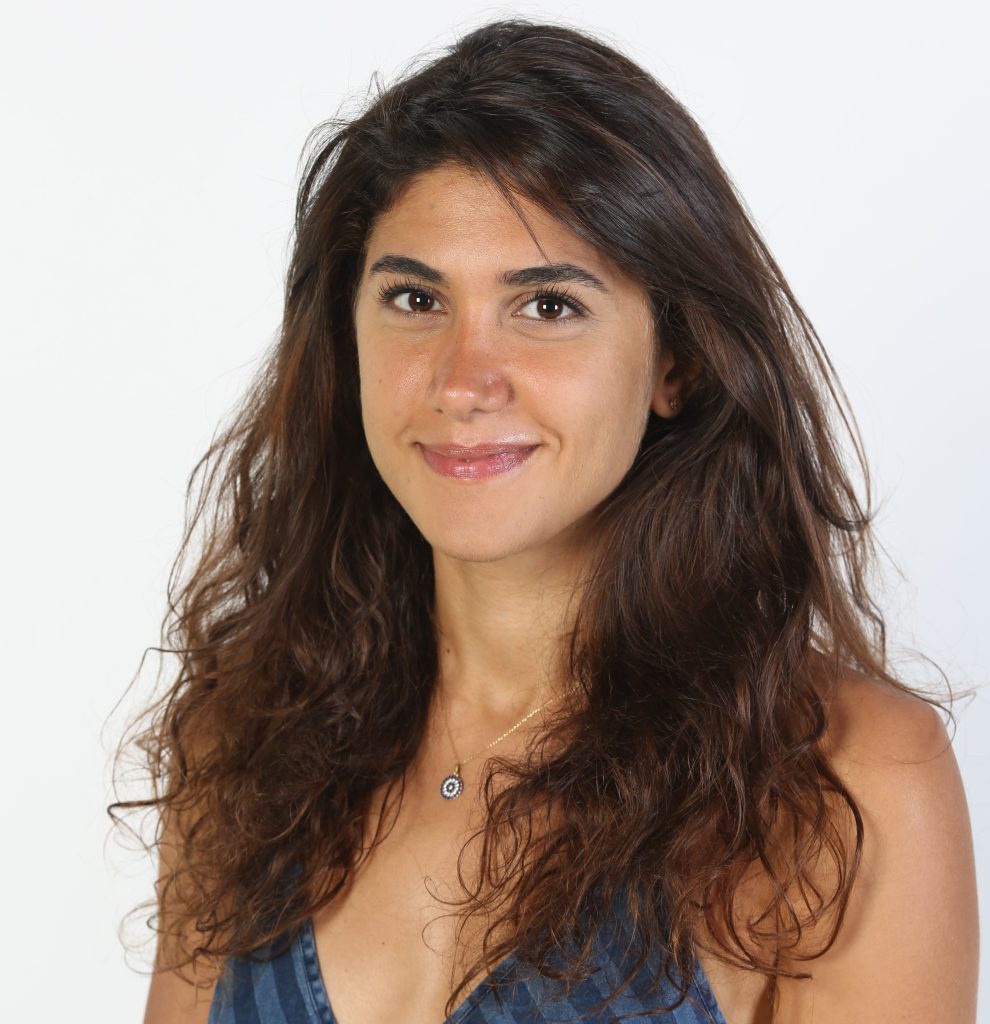
During my time at EMBL, I had the privilege of working with key mentors. I was lucky to work with Maja Köhn, who introduced me to the power of interdisciplinarity. Prof. Köhn’s brilliant science and leadership skills, along with her determination and ambition, inspired me to seek answers using many tools. Additionally, I was mentored by David Will, who then headed the medicinal chemistry lab at the chemical biology core facility in EMBL. David’s deep intellect, wide insights, and rich experience in both academia and industry, in addition to the inspiring industry-standard MedChem Lab he helped build at EMBL, provided me with valuable insights into the bigger picture.
In light of this “criss-cross” approach to growing knowledge and skills in scientific theory, practice, and ideas, my journey was distinguished by an absence of long-term, strict, and explicit goals, but a deep appreciation for, and delight in, the short-term ones. At the same time, I kept crafting a specialisation in the field I was passionate about – medicinal chemistry.
Originally specialised as a chemist, I found fulfilment in embracing a generalist approach to science. I strongly believe being spontaneous and open to different subjects has expanded my creativity. While specialisation is essential, building a range of skills and knowledge areas enhances problem-solving abilities. For instance, in my career, whenever a research problem needed to be addressed via a different discipline, I would not hesitate to research that discipline and then contact the right people.
Some problems need generalists, some problems need specialists, and we must be open to both and know when to assign which of the two for a task. This way, I think we could avoid a lot of time and resources being wasted. In fact, in today’s highly complex world, developing a palette of assorted experience across many fields is perhaps more pertinent than (hyper)specialisation. The perpetually troublesome challenges of today (be it financial, geological, computational etc.) necessitate associating skills and expertise from various domains to promote solutions.
I joined the company BioNTech after my PhD, a move motivated not only by my desire to apply my skills in a translational medicinal chemistry role but also by the need to be quick in finding a new position. Back then, I was still on a limited visa and did not have time to find the perfect academic position (or roam the world for a gap year). I was also unsure whether I wished to remain in academia. Within a few months, I wrote my research paper, wrote my thesis, defended it, applied for jobs, all the while taking care of bureaucratic chores. Hence, I didn’t have much time or mind space for the common fears that some may have about switching to industry.
The most common fear I heard about during that time is permanent project instability. Projects in industry do change, which is sometimes sad, especially when one has developed an attachment to it. But the charming thing about changing projects is the transferability of skills and experiences into the next. And this is beneficial in the long term, as one only gets better and more efficient with time. Also, projects do not change that fast. The lifetime of a project can be prolonged as long as its efficacy remains promising. And this makes sense.
On the positive side, the possibility of bringing an academic flair to industry while enjoying a different setting and staying scientifically curious can really act in one’s best interest. Not to mention the amount of space that regular/flexible working hours can make so one can grow other interests and/or work on extracurricular projects. This especially benefits me who, as a generalist, constantly needs time and energy for pursuing multiple avenues, especially in an increasingly complex and intersected world.
I would stress, however, the challenges of finding a position that combines translational medicinal chemistry with an academic touch and emphasise the need for improved job positions and networks in this context.
During my time at BioNTech, I have transitioned from postdoc to staff scientist, to team leader, to Associate Director in medicinal chemistry, while witnessing the company’s own transition from private to public. While participating in multiple projects across departments and sites, I could see first-hand how it had to grow its own structural foundations to match its rapid growth. I am lucky to have had this medium to mature.
“I have been involved in multiple research projects over the last several years, which illustrate both the interdisciplinary and generalist approaches to science I like to advocate for. The first of these was a discovery project, which aimed, in the long run, to make cancer cells more sensitive to the immune system, and eventually less resistant to therapy. This discovery project grew by imbuing a classical medicinal chemistry project with interdisciplinarity (using technologies like proteomics, sequencing, novel in vitro assays, and others). From a small local project, this grew into to a larger collaborative one, and I have found that diverse perspectives always make more impact.
A second project aimed to make delivery of anticancer drugs and immunomodulators more specific. It involved various fields of chemistry and life sciences. Due to my experience, I could serve, in the words of a colleague, as “the glue that bound together scientists” from different fields. As a “scientific translator” in this project, who brought together experimental biologists and computational scientists, I grew a lot, learned about many techniques, and could contribute better.
Afterwards, I worked on lipid carrier systems for mRNA delivery in vaccines, a project that required further use of my adaptability and expanding specialisation and helped me contribute to scientific improvements. Now I am creating my own project, combining years of varied experience and knowledge as a driving force. This is very exciting, especially as it also pursues a long-standing research interest.
Chemistry was a driver in all those projects and endeavours, and I saw chemistry being tailored to apply differently to each problem, with subfields such as peptide chemistry, small molecule chemistry, lipid chemistry, probes, dyes, etc. coming into play in various ways. It is very interesting to study the therapeutic potential of small molecules. After all, to quote a friend, chemistry can also help “make therapeutic molecules that have never been made in the history of the universe”. In the light of this, I am happy to push chemistry further in today’s biotech environments.
I have also grown people management skills in science throughout this whole journey and would love to grow them even further. It is the soft skill which most enhances meaningful conversations and learning from one another. And throughout the journey, my EMBL heritage and curiosity has helped me embrace new challenges and come up with new perspectives and ways of approaching scientific problems.
My passion for connecting art and science is evident in my involvement in music production, theatre, DJ’ing, writing, and science communication, even during my days at EMBL. I have always highlighted the importance of keeping my inner artist alive, as creativity can be a valuable outlet for both emotions and innovative thinking. Also, I never knew this was a “passion”, until I observed my patterns and decisions retrospectively after almost fifteen years of working in science. My point is that a passion, or whatever you would like to call it, doesn’t have to be pre-determined; it can be discovered, and at one’s own rhythm.
Finally, I would like to emphasise the importance of regular drive, courage, and perseverance in the scientific journey. I advise future scientists to reclaim their attention spans (it has been stolen from us in this world of hyper information and exposure) and advocate for diversity of backgrounds, personalities, and thinking patterns. I advise making general interest a habit when listening to a peer, instead of competition. It teaches us much more. And I believe that genuine openness to different ideas and perspectives, coupled with trusting one’s process of development (background, experiences, lessons, hardship etc.) but at the same time questioning one’s own narratives, is crucial for growth and success.

EMBL developmental biologists – with help from other disciplines – pursue the significance of time, timing, and transitions in organisms during their development
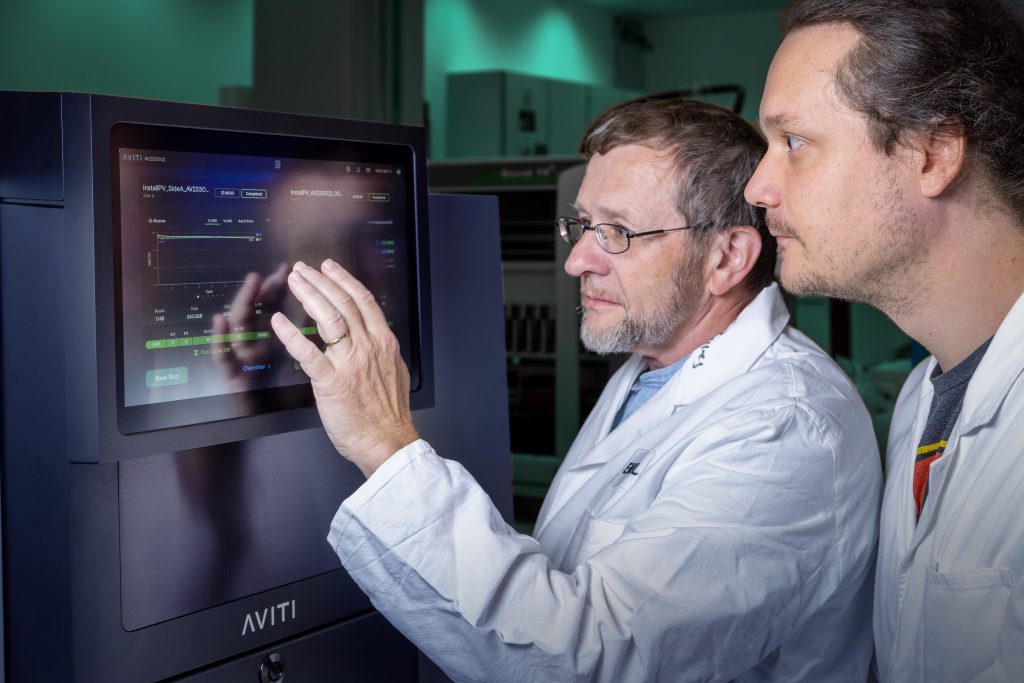
EMBL’s Genomics Core Facility provides end-to-end support to researchers across Europe and beyond and stands at the forefront of scientific breakthroughs.
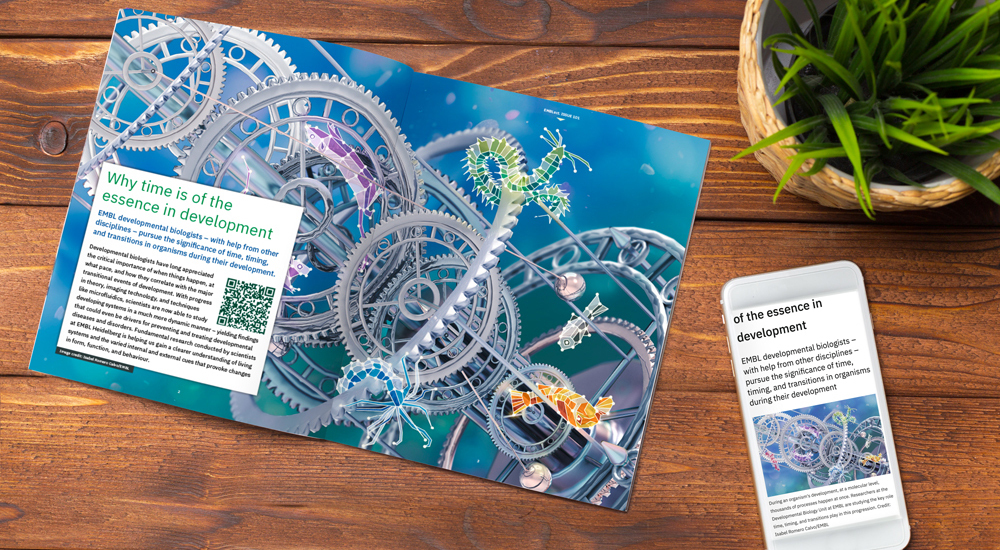
Click here to download a quick overview of all the articles included in this digital issue of EMBLetc.